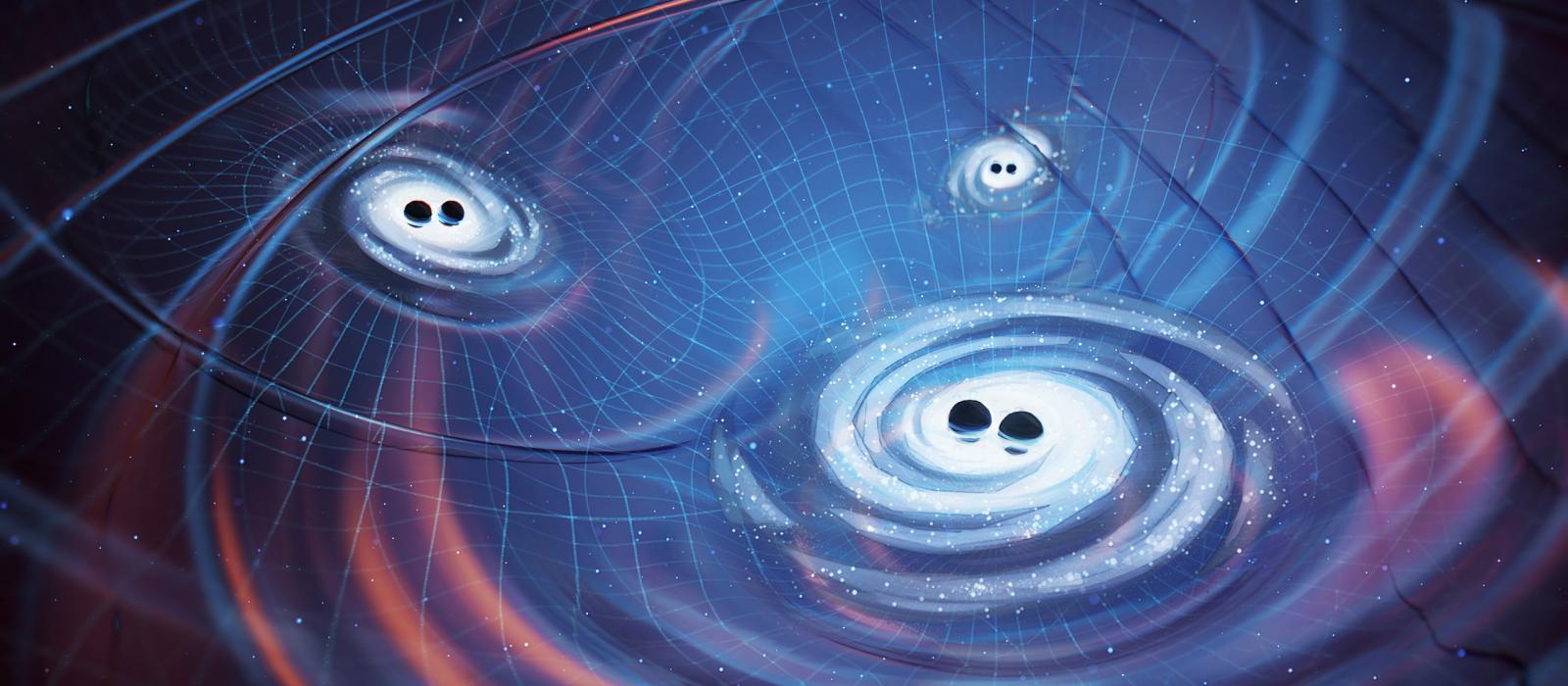The Pulsar Symphony: Unlocking Gravitational Waves
Astronomers have taken a big step forward in the search for gravitational waves by tuning into the rhythmic pulses of distant pulsars. These rapidly spinning neutron stars emit beams of radio waves at steady intervals, much like cosmic metronomes. By carefully monitoring changes in these pulses, scientists hope to detect the faint ripples of gravitational waves passing through our galaxy.

Separating Cosmic and Local Gravitational Waves
The challenge doesn’t end with detection. Astronomers must distinguish between gravitational waves from distant cosmic events and those generated closer to home, like merging black holes. Advanced analysis of pulsar data allows researchers to filter out the local disturbances and focus on the unique signals from across the universe. This approach opens a new window into the most energetic events in the cosmos, offering insights into the fabric of space-time itself.
Sources:
Universe Today: Listening For Gravitational Waves In The Rhythm of Pulsars
















